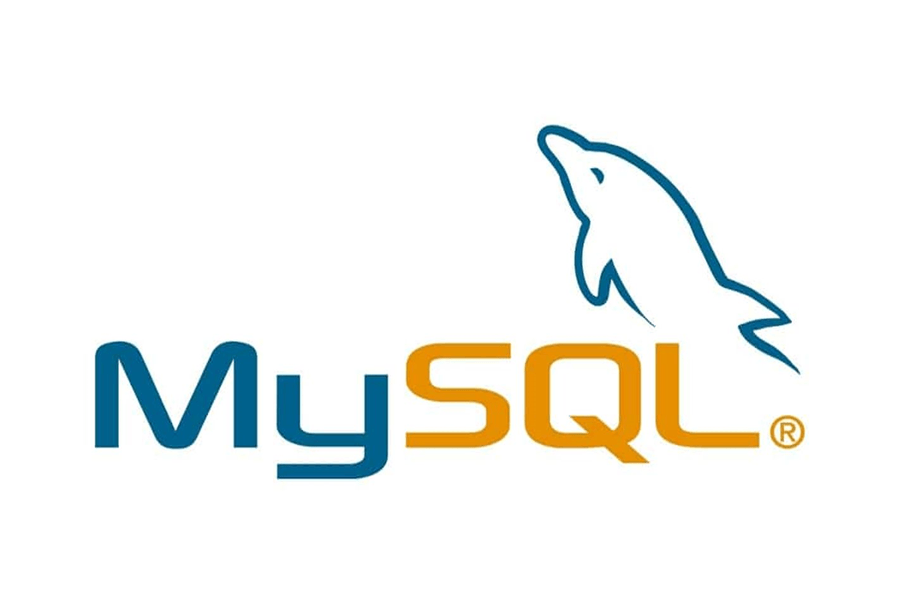What is MySQL? A Comprehensive Guide to the Popular Database Management System

MySQL is one of the most widely used open-source relational database management systems (RDBMS) in the world. It has become a cornerstone in web development, powering applications and websites of all sizes. But what exactly is MySQL, and why is it so popular? Let’s explore the basics of MySQL and understand its significance in today’s technology landscape.
1. What is MySQL?
At its core, MySQL is a database management system that stores and organizes data in a structured way using tables. It is based on the relational model, where data is stored in rows and columns, allowing users to create, read, update, and delete data (often referred to as CRUD operations).
MySQL is an open-source software, meaning its source code is freely available for anyone to use, modify, and distribute. It is primarily used for web applications and can be integrated with various programming languages like PHP, Python, Java, and more. MySQL works as a server, managing databases and responding to queries from client applications.
2. Key Features of MySQL
Here are some of the standout features that make MySQL an excellent choice for developers and businesses alike:
-
Open-Source and Free: MySQL is open-source software released under the GPL (General Public License), which means it’s free to use, modify, and distribute. This makes it an ideal choice for startups and developers who want to minimize their software costs.
-
High Performance: MySQL is known for its fast processing speed and ability to handle large volumes of data without compromising performance. It uses indexing, caching, and other optimizations to ensure quick query execution.
-
Scalability: MySQL can scale from small applications to large enterprise-level systems. It supports replication, clustering, and sharding, allowing users to build highly scalable database infrastructures.
-
Cross-Platform Support: MySQL works on various operating systems, including Windows, Linux, and macOS, making it versatile and suitable for different development environments.
-
Data Integrity and Security: MySQL provides support for transactions, foreign keys, and ACID (Atomicity, Consistency, Isolation, Durability) compliance, ensuring data integrity and security.
-
Flexibility with SQL: MySQL uses Structured Query Language (SQL) for database management, making it easy to interact with the database, manipulate data, and perform complex queries.
3. How MySQL Works
MySQL operates on a client-server model. The MySQL server is responsible for managing all database operations, while client applications send requests (queries) to the server to retrieve or manipulate data.
When a query is sent to the MySQL server, it processes the request and returns the results back to the client. The server handles data storage, indexing, and security, while the client handles the presentation and user interface.
MySQL uses SQL, a standard programming language used for managing and querying relational databases. Through SQL, users can create tables, insert data, update records, and run queries to extract specific information from the database.
4. MySQL vs Other Database Systems
When it comes to choosing a database system, there are several options available, such as PostgreSQL, SQLite, Oracle, and Microsoft SQL Server. Here’s a comparison between MySQL and some of these systems:
-
MySQL vs PostgreSQL: While both MySQL and PostgreSQL are open-source and relational, PostgreSQL is known for its advanced features, extensibility, and support for complex queries. MySQL, on the other hand, is often considered simpler to use and more performant for read-heavy applications.
-
MySQL vs SQLite: SQLite is a serverless database that is often used in smaller, embedded systems and mobile apps. MySQL, on the other hand, is suited for larger applications and websites requiring multi-user support and robust database management.
-
MySQL vs Oracle: Oracle is a commercial database system, offering enterprise-level features and support. MySQL is lighter and more affordable, making it suitable for startups and small businesses.
5. Common Use Cases of MySQL
MySQL is used in a variety of applications across industries. Some of the most common use cases include:
-
Web Development: MySQL is often paired with PHP and other technologies to build dynamic websites and web applications. Platforms like WordPress, Joomla, and Drupal rely on MySQL as their database backend.
-
E-commerce Platforms: Online stores use MySQL to manage product catalogs, customer data, orders, and payment information.
-
Business Applications: Many enterprise applications use MySQL for customer relationship management (CRM), enterprise resource planning (ERP), and other business operations.
-
Data Warehousing: Large organizations may use MySQL to store and manage vast amounts of historical data for reporting and analytics.
6. Why Choose MySQL?
There are many reasons to choose MySQL for your database needs:
-
Affordability: Since it’s open-source, MySQL comes with no licensing fees, which makes it an attractive option for businesses of all sizes.
-
Community Support: MySQL has a large, active community of developers who contribute to the project and provide support through forums, tutorials, and documentation.
-
Ease of Use: MySQL’s simple and intuitive syntax makes it easy for developers to work with, even for beginners.
-
Widely Used and Trusted: As one of the most popular databases in the world, MySQL is trusted by many high-profile companies and websites, including Facebook, Twitter, and YouTube.
Conclusion
In conclusion, MySQL is a powerful and versatile relational database management system that is widely used across industries and applications. Its speed, scalability, security, and ease of use make it a top choice for both developers and businesses looking to build robust, data-driven applications. Whether you're just starting with databases or managing a large enterprise system, MySQL is a solid foundation for managing your data effectively.
With its open-source nature, a large supportive community, and broad industry adoption, MySQL continues to be a go-to solution for millions of developers worldwide.
- Art
- Causes
- Crafts
- Dance
- Drinks
- Film
- Fitness
- Food
- Games
- Gardening
- Health
- Home
- Literature
- Music
- Networking
- Other
- Party
- Religion
- Shopping
- Sports
- Theater
- Wellness




